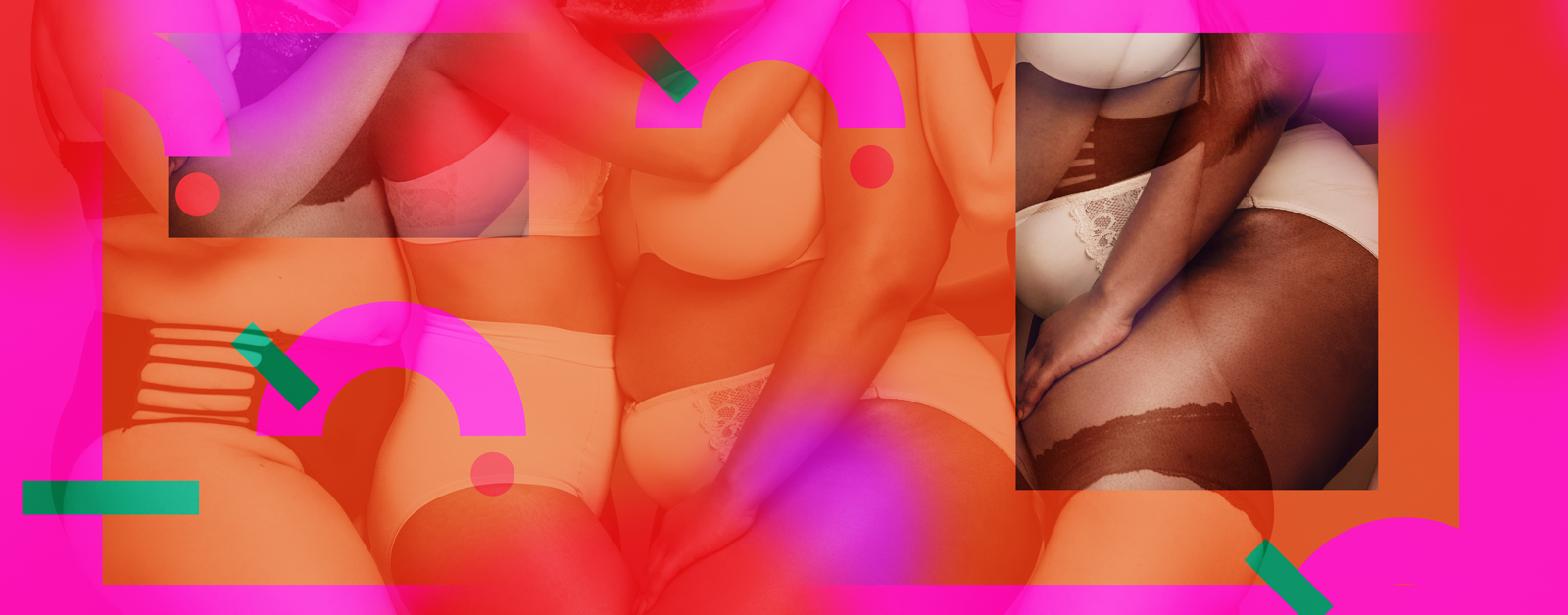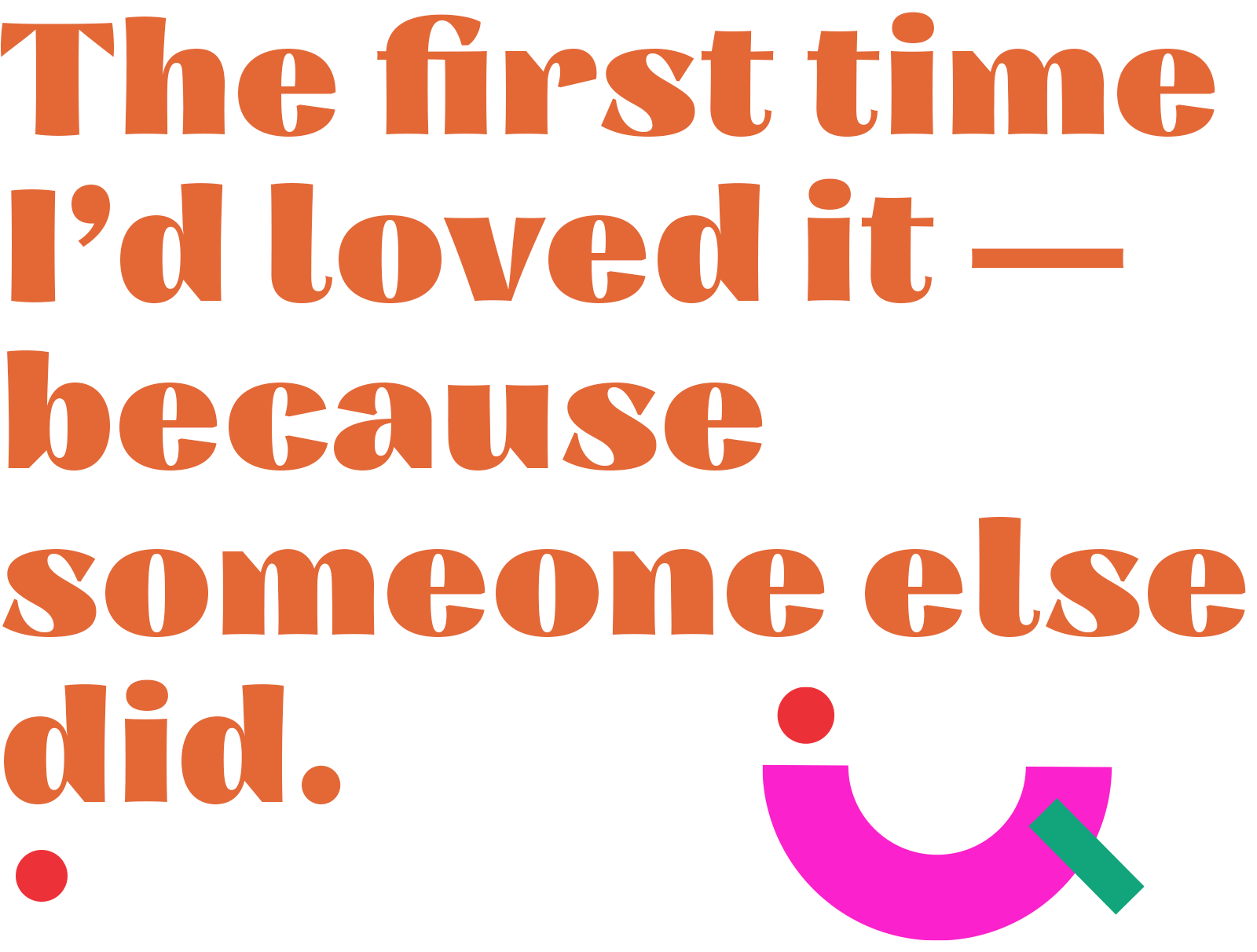

I have never considered myself “body positive.”
That is not to say that I don’t love my body. I’ll be honest, some days I don’t — but most days, I do. Most days, I admire the dips, dents, and curves that create my body. Most days, I’m in awe of my body’s potential, and abilities. Most days, I’m grateful for all the amazing things my body does to keep me alive.
That’s most days.
Some days, I’ve caught myself wishing my breasts were smaller, my hips more narrow, my stomach flatter, my thighs more svelte and that my butt didn’t bubble and sit up so high.
I have had fewer and fewer of those days as I’ve grown older. I remember the first time a partner shared an appreciation for my body that I myself lacked for it. For its fullness, its rolls, and those curves. When I first heard that, it validated me. It was the first time I can recall feeling full pride in my body. The first time I’d loved it — because someone else did.

As early as middle school, I became painfully aware of the expectations and opinions society had about my body, as a Black woman. My womanhood is intrinsically tied to societal expectations of what my body should look like. Before the age of Instagram, there was MTV. Before Influencers, there were Video Vixens, Black women with long, loose curly hair, full breasts, small waists, fat asses, thick thighs and flat stomachs that inundated our screens and our perceptions of black womanhood. Despite being surrounded by black womanhood that didn’t resemble MTV, it took years for me to appreciate black womanhood in all of its complexities and differences, past the mottled perceptions I watched on cable television.
Somewhere between the time I began to understand what other people thought my body should look like and when I began to love my body as it is, the concept of “body positivity” began to develop traction. Like all social movements, “Body Positive” sounds like the solution to a long problem — a utopia of rebellion, reclamation of the narratives that surround our bodies, and acceptance; true acceptance of every individual body, as they exist.
I haven’t explicitly stated it yet, so let me state it now: I am fat. And as I mentioned earlier, I have never considered myself “body positive.” Here’s why, as plain as I can try to explain it: I struggle to wrap my mind around the concept that appreciating my body is rebellious. I am, at this juncture of life, opposed to the idea that I shouldn’t have an inherent love for the existence of my body on the simple grounds that it exists.
So I have instead settled into the concept of “body-love”. The only real difference, I feel, is that it focuses more on my relationship with my body, rather than the relationship of people to my body.
I now love my body because it’s mine.

Not because someone else does. Not because I think I meet a standard society has set. Not even because it’s an act of rebellion to do so.
I made a choice to appreciate my body because I was no longer interested in lamenting the absence of a body that I felt others wanted to see. I had no desire to convince others that my body was worthy. And most importantly, because I’m the one soul that inhabits my body. It has obviously taken time to get here, and I imagine it will take a great deal longer for it to become habit, as opposed to choice. But it’s a start, and a gracious one, at that.
